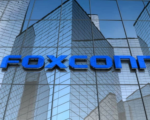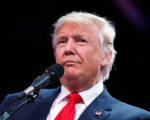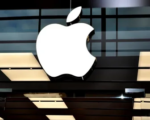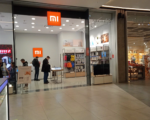On December 6, after 25 years of negotiations, the European Union (EU) and five Mercosur countries—Brazil, Argentina, Uruguay, Paraguay, and Bolivia—reached a monumental trade agreement. This deal is poised to create one of the largest free trade zones globally, impacting over 700 million people and accounting for around 20% of global GDP.
The trade pact aims to foster increased trade and investment, reduce tariff and non-tariff barriers, and establish stable rules around sustainable development. However, not all EU members support the deal. Countries like France and Poland are concerned it might create unfair competition, particularly in agriculture.
Despite limited media attention, lithium—often called “white gold” due to its high value and key role in technology—emerged as a central element of the agreement. According to analysts at ING, lithium’s significance was perhaps understated, even though the EU is highly dependent on China for critical raw materials and Latin American countries, including Argentina, Brazil, and Bolivia, hold substantial lithium reserves. This strategic access is vital as Europe increasingly demands lithium for industries like electric vehicles and renewable energy.
Latin America is responsible for about 35% of global lithium supply, with Chile and Argentina being the largest contributors. The region also holds more than half of the world’s lithium reserves, underscoring its importance in the global shift to cleaner energy.
Strategic Implications
European Commission President Ursula von der Leyen emphasized that the trade deal could save EU companies €4 billion annually in export duties. Kaja Kallas, the EU’s foreign policy chief, highlighted that the agreement would ensure European access to critical raw materials, mitigating the risk of competitors filling the void.
The deal became feasible after shifts in global dynamics, such as rising protectionism and strategic considerations regarding China’s growing influence in Latin America. Federico Steinberg from the Center for Strategic and International Studies noted that the EU would gain enhanced access to public procurement markets, high-value services, and vital raw materials like lithium, while also reducing tariffs on agricultural products.
Germany’s industrial federation (BDI) praised the deal, viewing it as a crucial step toward securing raw materials for electromobility and renewable energy industries. In a time of increasing global trade fragmentation, the EU-Mercosur agreement stands as a strategic move to bolster free trade and access to critical resources.


















